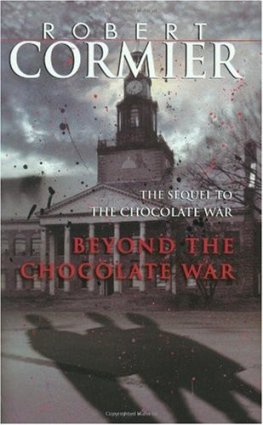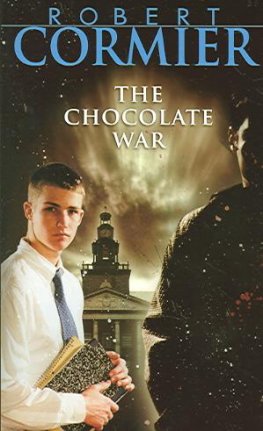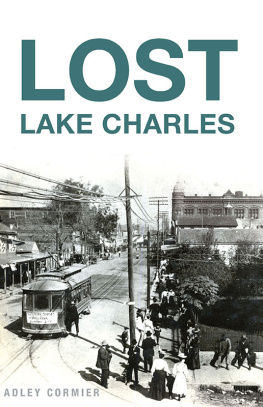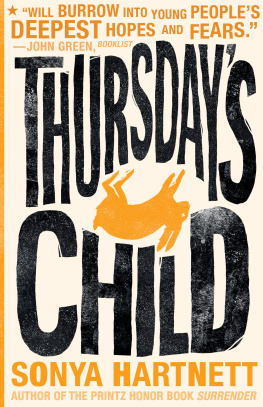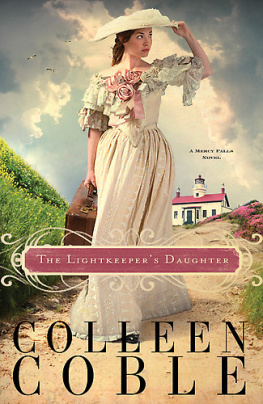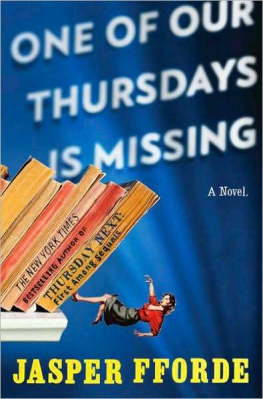PRAISE FOR ROBERT CORMIER
These slice-of-life vignettes demonstrate Cormiers accessibility to young adult readers. A strong collection that probes the emotions of adults and young people with equal sensitivity.
Booklist
Vivid characterizations. 8 Plus 1 is a pleasurable experience which the reader is reluctant to end.
Journal of Reading
These are stories to savor. The finest writers write for all of us, without respect to age, and Cormier again demonstrates his mastery of the art.
Voice of Youth Advocates
NOVELS BY ROBERT CORMIER
After the First Death
Beyond the Chocolate War
The Bumblebee Flies Anyway
The Chocolate War
8 Plus 1
Fade
Frenchtown Summer
Heroes
I Am the Cheese
In the Middle of the Night
The Rag and Bone Shop
Tenderness
Tunes for Bears to Dance To
We All Fall Down
Published by
Bantam Doubleday Dell Books for Young Readers
a division of
Bantam Doubleday Dell Publishing Group, Inc.
Text copyright 1965, 1966, 1967, 1968, 1969, 1971, 1973, 1975, 1980 by Robert Cormier
Cover illustration copyright by Victor Stabin
All rights reserved under International and Pan-American Copyright Convention. No part of this book may be reproduced or transmitted in any form or by any means, electronic or mechanical, including photocopying, recording, or by any information storage and retrieval system, without the written permission of the Publisher, except where permitted by law.
The trademark Laurel-Leaf Library is registered in the U.S. Patent and Trademark Office.
The trademark Dell is registered in the U.S. Patent and Trademark Office.
eISBN: 978-0-307-83425-6
RL: 7.1
Reprinted by arrangement with Pantheon Books
v3.1
ACKNOWLEDGMENTS
The Moustache, A Bad Time for Fathers, and Mine on Thursdays were originally published in Womans Day.
President Cleveland, Where Are You? and Bunny BeriganWasnt He a Musician or Something? were originally published in Redbook.
Another of Mikes Girls was originally published in McCalls Magazine.
My First Negro was originally published in Sign.
Protestants Cry, Too was originally published in St. Anthony Messenger.
Guess What? I Almost Kissed My Father Goodnight was originally published in The Saturday Evening Post.
A NOTE BY THE AUTHOR
The stories in this collection were written between 1965 and 1975. They were written at a time when my wife and I were involved in bringing up three teenagers. The house sang those days with the vibrant songs of youthtender, hectic, tragic, and ecstatic. Hearts were broken on Sunday afternoon and repaired by the following Thursday evening, but how desperate it all was in the interim. The telephone never stopped ringing, the shower seemed to be constantly running, the Beatles became a presence in our lives.
As our son and two daughters went through those lacerating adolescent years, I recalled my own teenage era and realized that my children were reenacting my own life and the lives of friends I had known. It struck me that fashions change along with slang and pop tunes and fads, but emotions remain the same. A bruised heart is a bruised heart no matter what year it is.
My memory may falter when it comes to facts and figures, but I have almost total recall of my emotions at almost any given moment of the past. Thus, I began to write a series of short stories, translating the emotions of both the present and the pastand finding they were the same, actually into stories dealing with family relationships, fathers and mothers, daughters and sons. I wrote about growing up, and the parents in the stories grow up, too, to the knowledge, often bittersweet, that the passing years bring.
Three stories deal with the days of the Great Depression or immediately afterward while the remainder are set in scenes contemporary with the time in which they were written. I didnt edit the stories or alter them. It is my hope that the emotions ring true; if they do, then I have done my work properly.
A few years ago, I spoke at a seminar at Simmons College in Boston, one of my favorite stopping places for seminars. A woman approached me timidly after I had talked to the participants. She said that she had almost not attended my particular segment of the program because she had recently read my novels The Chocolate War and I Am the Cheese and feared she would encounter a monster. She told me that she was glad she came, however, because she had met another Robert Cormier.
I hope readers of my novels will meet that other Robert Cormier in these stories.
Contents
The Moustache
INTRODUCTION
The question I hear most often when the subject of writing comes up is Where do you get your ideas? No doubt thats the question all writers hear most frequently.
Every writer has his or her own answer, of course. I tell people that my ideas usually grow out of an emotionsomething I have experienced, observed, or felt. The emotion sparks my impulse to write and I find myself at the typewriter trying to get the emotion and its impact down on paper. Out of that comes a character and then a plot. The sequence seldom varies: emotion, character, plot. Each element contributes to the whole.
Which brings up further questions. Where do the characters come from? Are they made up? And where do you get your plots?
Perhaps the best way to answer the questions is to explain the genesis of The Moustache because it follows almost perfectly the method I have applied throughout the years, showing how a strong emotion caused me to use real people and situations to produce a short story that is entirely fiction.
When my son, Peter, was a teenager, his maternal grandmother became a resident in a local nursing home. The victim of an accident from which she never really recoveredshe was struck by a car as she crossed a streetshe had more recently suffered the terrible onslaught of arteriosclerosis. Those were shattering days for us all, particularly my wife, who visited her daily but found little comfort because her mother often did not recognize her.
Her mother had been a handsome, vigorous woman, capable of operating a drugstore for many years following the early death of her husband. It was cruel to see her diminished as a person. It was sad to have her grandchildren witness her deterioration from the Mmre they had known as youngsters.
One Saturday, Peter visited her in the nursing home. He returned visibly moved, shaken. Her condition had affected him greatly. His grandmother had been uncommunicative, ravaged by the disease, only a dim echo of the Mmre he had known and loved throughout his boyhood.
I remembered my own maternal grandmother, a lively, lovely woman who had died suddenly while I was in high school. I had been stunned by the way she had looked in her coffin. Her lips were two thin straight lines. She looked grim and forbidding, nothing at all like the vibrant Nana I had known. I left the funeral parlor in anguish. Those lips haunted me.




